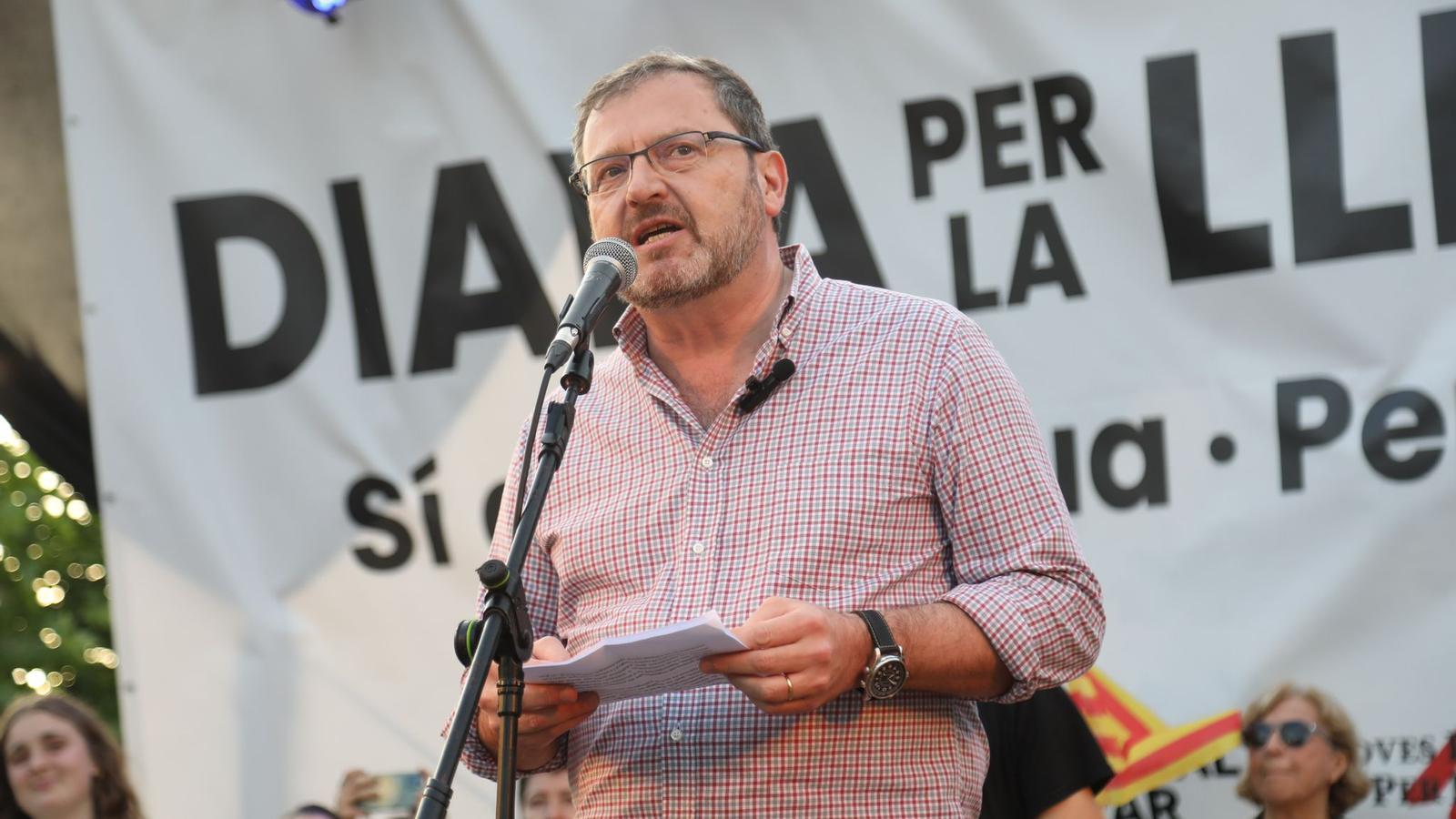No to 25% Spanish in the Balearic Islands


The daily chaos means that some relevant news stories lack the impact they deserve. A few days ago, the High Court of Justice of the Balearic Islands (TSJIB) rejected the imposition of 25% Spanish in public education in the Balearic Islands, as demanded by a lawsuit filed by a pro-Spanish civic organization, PLIS Educación, which was based on rulings by the High Court of Justice of Catalonia (TSJC), which did rule in favor of the 25% requirement. The Balearic court, on the other hand, considers this decision to be "the authority of the administration," that is, of the Ministry of Education, which opposed the 25% requirement. An absurd claim, by the way, which demonstrates that whoever files it, as teachers often say, has no idea of the reality of the classroom: neither of the linguistic reality that exists (absolutely diverse, moreover, depending on the school, municipality, neighborhood, etc.) nor of the reality of the dynamics of relationships between them and among them. It is interesting to note that the TSJIB (High Court of Justice) ordered the entity PLIS Educación to pay up to three thousand euros for the costs of the proceedings.
The Obra Cultural Balear (OCB), which had appeared in court, celebrated this court ruling as a victory. Clearly, this is justified, because the demands regarding the phantasmagorical 25% are not aimed at achieving any supposed linguistic balance, but rather at marginalizing Catalan in education and also—let's not forget—the erosion of public schools, presenting them as a source of conflict over the also supposedly harmonious environment of private schools.
Beyond this, the OCB has even more reasons to be satisfied with its work. In the two years of the current Balearic Islands government, this entity's actions have been decisive in halting the linguistic segregation plan in public education, which the PP agreed to go ahead with at the request of Vox. The plan failed due to the unanimous rejection of the educational community. The response from families has also been fundamental: in one of these surveys promoted by the PP and Vox, 80.52% of families choose Catalan as the language of instruction for their children: specifically 82.78% in Mallorca, 91.65% in Menorca, and—alas—60.34% in Ibiza.
Furthermore, the OCB recently obtained RTVE's commitment to broadcast its new Catalan-language channel in the Balearic Islands as well, contrary to the initial decision. As the president of the OCB, jurist Antoni Llabrés, says, what has been done so far is nothing more than "stopping the blows," but stopping the blows is important. It is fundamental, in fact. At this stage, the OCB has grown in membership and has demonstrated its strength and capacity for mobilization: these are good starting points for the work that comes after stopping the blows, which is to take the initiative and stay ahead of those who make hatred against Catalan a banner and a way of life. And a business, of course.
